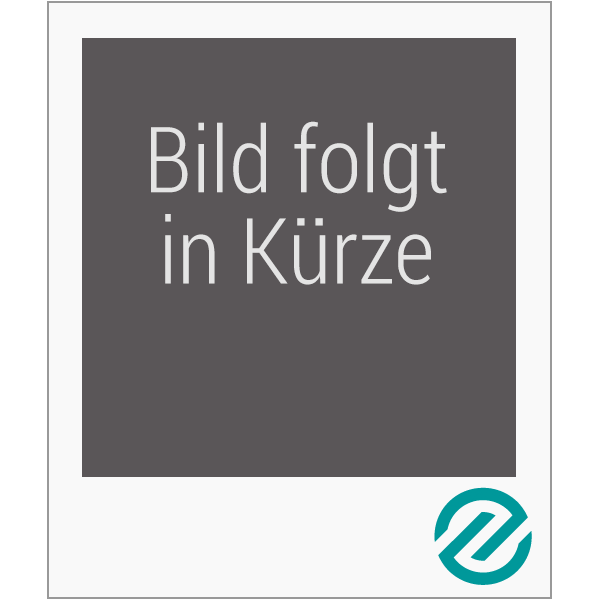Intended for philosophy of education courses, this anthology brings together classic writings on education by leading figures in the history of philosophy and notable contributions to the field by a variety of contemporary thinkers. The first section provides material from a sizable collection of classic writers, enabling students to read the original sources for themselves. The second section includes recent materials that reflect diverse approaches such as feminism, critical theory, and multiculturalism.
Table of contents:
Preface Introduction PART I: CLASSIC THEORIES 1. Plato: "Meno," "Protagoras," "The Republic" 2. Aristotle: "Nicomachean Ethics," "Politics" 3. John Locke: "Some Thoughts Concerning Education" 4. Jean Jacques Rousseau: "Emile" 5. Immanuel Kant: "Thoughts on Education" 6. John Stuart Mill: "Inaugural Address at St. Anrdrews" 7. Alfred North Whithead: "The Aims of Education and Other Essays" 8. John Dewey: "The Child and the Curriculum," "Democracy and Education," "Experience and Education" PART II: CONTEMPORARY ISSUES 9. School A.S. Neill: "Summerhill" Kieran Egan: "Open Education: Open to What?" Michael Walzer: "Spheres of Justice" Amy Gutmann: "Democratic Education" Israel Scheffler: "Moral Education and the Democratic Ideal" 10. Teaching Paul H. Hirst: "What is Teaching?" Jacques Maritain: "Education at the Crossroads" Paulo Freire: "Pedagogy of the Oppressed" Nel Noddings: "Caring" Gareth B. Matthews: "The Philosophy of Childhood" 11. Curriculum Sidney Hook: "Education for Modern Man" Jane Roland Martin: "Two Dogmas of Curriculum" Maxine Greene: "The Passion of Pluralism: Multiculturalism and the Expanding Community" Richard Rorty: "Hermeneutics, General Studies, and Teaching" John R. Searle: "Traditionalists and Their Challengers" Wm. Theodore de Bary: "Asia in the Core Curriculum"
Intended for philosophy of education courses, this anthology brings together classic writings on education by leading figures in the history of philosophy and notable contributions to the field by a variety of contemporary thinkers. The first section provides material from a sizable collection of classic writers, enabling students to read the original sources for themselves. The second section includes recent materials that reflect diverse approaches such as feminism, critical theory, and multiculturalism.
Table of contents:
Preface Introduction PART I: CLASSIC THEORIES 1. Plato: "Meno," "Protagoras," "The Republic" 2. Aristotle: "Nicomachean Ethics," "Politics" 3. John Locke: "Some Thoughts Concerning Education" 4. Jean Jacques Rousseau: "Emile" 5. Immanuel Kant: "Thoughts on Education" 6. John Stuart Mill: "Inaugural Address at St. Anrdrews" 7. Alfred North Whithead: "The Aims of Education and Other Essays" 8. John Dewey: "The Child and the Curriculum," "Democracy and Education," "Experience and Education" PART II: CONTEMPORARY ISSUES 9. School A.S. Neill: "Summerhill" Kieran Egan: "Open Education: Open to What?" Michael Walzer: "Spheres of Justice" Amy Gutmann: "Democratic Education" Israel Scheffler: "Moral Education and the Democratic Ideal" 10. Teaching Paul H. Hirst: "What is Teaching?" Jacques Maritain: "Education at the Crossroads" Paulo Freire: "Pedagogy of the Oppressed" Nel Noddings: "Caring" Gareth B. Matthews: "The Philosophy of Childhood" 11. Curriculum Sidney Hook: "Education for Modern Man" Jane Roland Martin: "Two Dogmas of Curriculum" Maxine Greene: "The Passion of Pluralism: Multiculturalism and the Expanding Community" Richard Rorty: "Hermeneutics, General Studies, and Teaching" John R. Searle: "Traditionalists and Their Challengers" Wm. Theodore de Bary: "Asia in the Core Curriculum"
Intended for philosophy of education courses, this anthology brings together classic writings on education by leading figures in the history of philosophy and notable contributions to the field by a variety of contemporary thinkers. The first section provides material from a sizable collection of classic writers, enabling students to read the original sources for themselves. The second section includes recent materials that reflect diverse approaches such as feminism, critical theory, and multiculturalism.

